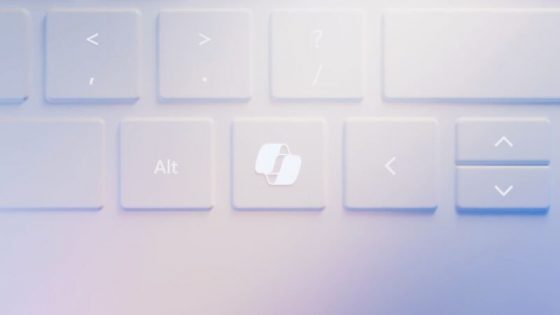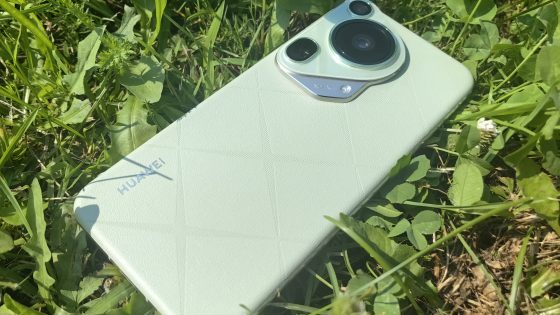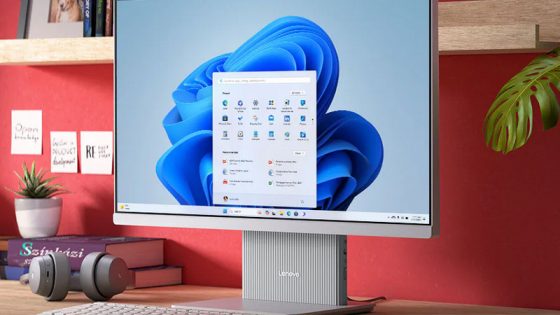Lie down, sit down, take a break: your brain needs rest

Well-established research has shown that low levels of daily stress can cause such intense wear and tear on our body’s physiological systems that our cells age more rapidly, says Epel, who is co-author of the book “The Telomere Effect.” Epel added: “Mindfulness-based interventions can slow biological aging by interrupting chronic stress, giving us the freedom to deal with difficult situations without burnout – and giving our bodies a break.“
Research has shown many benefits to brain health, even short ones.
A small study published in the journal Cognition found that those who took short breaks were able to focus better on a task compared to those who did not take a break. Sustained stimulation, the study authors suggested, can cause our brains to become accustomed to an activity, causing us to view it as irrelevant over time.
A 2022 meta-analysis published in the journal PLOS One examined how “micro-breaks” can affect well-being. A review of existing research found that breaks as short as 10 minutes can increase strength and reduce fatigue.
Rest periods can be especially helpful during long work days. In 2021, when many Americans were working remotely all the time, Microsoft conducted a study that followed two groups of people: the first had consecutive Zoom meetings, and the second group took 10-minute meditation breaks between meetings. Microsoft used an electroencephalogram (EEG) to monitor the brain activity of 14 study participants.
In the first group “What you see is a brain filled with cortisol and adrenaline,” says Celeste Headlee, journalist and author of Do Nothing: How to Break Away From Overworking, Overdoing, and Underliving. “They’re tired, stressed, probably more irritable, and probably less compassionate.” The other group? “You can clearly see the difference [the breaks] make,” he says. “That’s a brain that’s relaxed.”
The smartphone trap
There is a big difference between rest and boredom: the former is a necessary thing that invigorates us, while the latter is an unpleasant state in which we want to do something else, he says Andreas Elpidorou, a University of Louisville philosophy professor who studies boredom.
“Boredom is what we experience when our task or situation does not engage us cognitively enough or adequately – it does not interest us enough, does not stimulate us, does not capture our attention, or gives us meaning.,” he says.
When we're bored, it's tempting to reach for our phones because they're an easy way to escape that unpleasant feeling.
While there's nothing wrong with it (we all do it), it's not a solution to boredom because it's a passive activity, he says James Danckert, professor of cognitive neuroscience at the University of Waterloo in Ontario, Canada, and co-author of “Out of My Skull: The Psychology of Boredom.” Danckert added: “Boredom really wants you to be intentional about something that matters.“
Recently, new research has emerged showing the negative effects our cell phones can have on our health. Smartphone addiction (which Danckert says affects 4 to 8 percent of people) is on the rise worldwide. It has been linked to physical health problems such as eye strain and cervical disc degeneration, as well as anxiety and depression. Some recent research also suggests that it can affect the structure of our brain: two studies have found that smartphone addiction is associated with less white matter integrity and less gray matter volume in the brain.
A problem that did not come with the modern era
Our inability to take a break is not a new problem.
In the popular 1994 book on mindfulness, “Wherever You Go, There You Are,” Jon Kabat-Zinn "He said that we have filled all our waking hours with busyness, doing, and self-delusion."Life these days gives us little time to exist unless we deliberately seize the opportunity,” he wrote.
In Henry David Thoreau's 1854 classic "Walden"—which emerged from more than two years of living in a cabin near Walden Pond in Massachusetts—he wrote: "It is not enough to be busy. Even ants are busy. The question is: 'What are we busy with?'“.
Most Americans think of rest as something extra or indulgent — a treat that should be earned only after all productive tasks have been completed, he says Amber Childs, a psychologist and associate professor in the Department of Psychiatry at Yale School of Medicine. But research shows the opposite: rest is a basic human need.
Include rest in your daily routine
Reset your mind and body with these three tips.
Focus on nothing. Childs says you should be rested, regenerated and energized during your breaks. It can be as simple an activity as relaxing by the fire or sitting in nature. It's important to let your mind wander.
Start gradually. Sitting still for 30 minutes a day is great, but not for everyone. Start small: The next time you're waiting for food delivery or a ride home, do nothing. Instead, simply exist.
When in doubt, lie down. Epel's research looked at the benefits of deep rest, a restorative state that can improve our physical and psychological well-being. You can achieve deep rest through yoga and mindful meditation, but Epel said the best method is to simply lie on the floor.






























